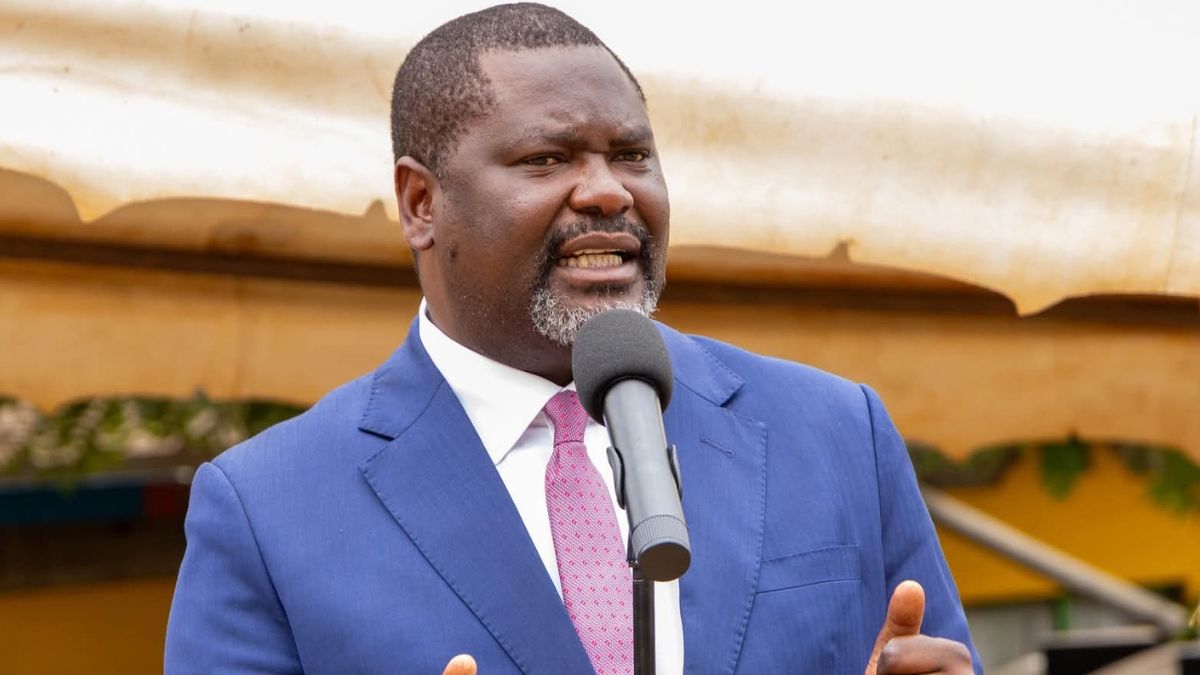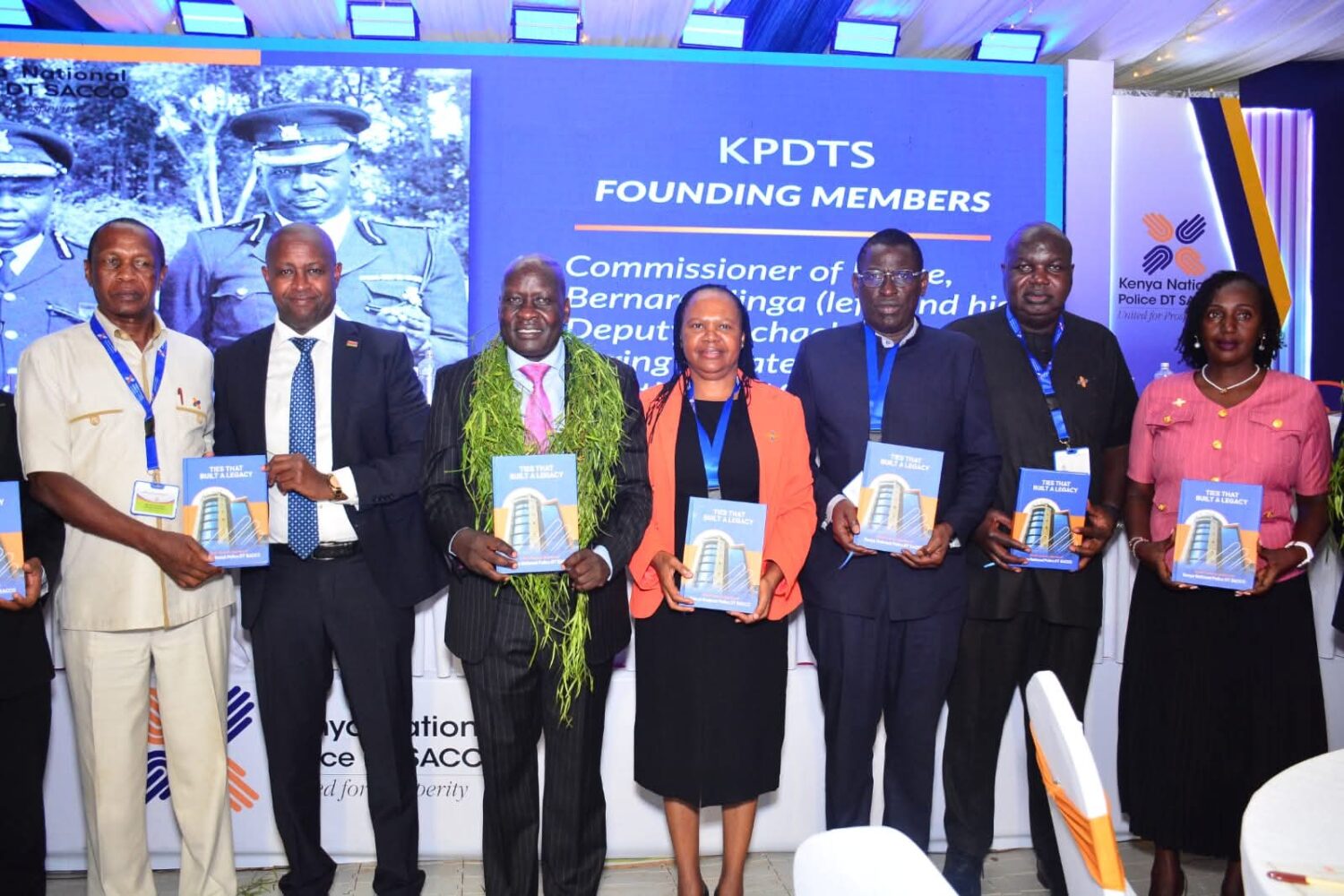Nairobi City County has recorded its highest revenue collection since the onset of devolution, hitting KSh 13.7 billion for the 2024/2025 financial year.
This marks a significant jump from last year’s KSh 12.8 billion, an increase of KSh 1 billion, underscoring the success of ongoing reforms and intensified collection efforts.
Confirming the milestone, Nairobi Governor Sakaja Johnson acknowledged the achievement despite the political turbulence experienced in the city in recent months.
“KSh 13.7 billion this is a record since devolution. It’s up from last year’s KSh 12.8 billion, a strong KSh 1 billion increase. With this momentum, we can aim even higher. It’s possible when we all do our part as government and as citizens,” Sakaja said
County Receiver of Revenue Tiras Njoroge attributed the growth to aggressive collection drives and enforcement actions targeting land rates and rent defaulters.
“Under the leadership of Governor Sakaja, our revenue collection drive is working. We cannot have a city of millions being sustained by the few who pay. Everyone must contribute. We’re continuing enforcement on land rates, unified business permits (UBP), Nairobi Pay, house rents, and more,” said Njoroge.
Further the Housing department has recorded a significant increase in revenue from house rent collections, reaching KSh 800 million in the 2024/2025 financial year the highest in over a decade. According to Housing Chief officer Lydia Mathia This marks a sharp rise from KSh 500 million collected in 2023/2024 and nearly doubles the KSh 439 million collected in 2021/2022.
“The spike is attributed to enhanced enforcement, digital rent tracking, and recovery campaigns that peaked in May 2025, when the county collected a record KSh 200 million in a single month.”
The revenue announcement comes just days after Finance and Economic Planning CEC Charles Kerich tabled a KSh 44.6 billion county budget for the 2025/2026 financial year.
The budget allocates KSh 31.2 billion for recurrent expenditure and KSh 13.4 billion for development, meeting the constitutional threshold that requires counties to dedicate at least 30% of their budgets to development projects, as outlined in the Public Finance Management Act, 2012.
“In the health sector, KSh 849 million has been set aside for the construction, rehabilitation, and equipping of health centers, including procurement of essential supplements and vitamins,” said Kerich.
An additional KSh 400 million will go toward supplying county hospitals with non-pharmaceutical essentials to ensure smooth operations and continuous availability of basic items.
“Infrastructure development is a key priority. We’re planning major upgrades and expansions for key hospitals including Pumwani Maternity and Mama Lucy Kibaki Hospital. This includes equipping them with modern diagnostic tools and revamping the county’s health data systems,” he added.
The school feeding programme, a flagship project under Governor Sakaja, has been allocated KSh 700 million slightly lower than last year’s KSh 800 million but enough to sustain operations. The county constructed over 10 modern kitchens last year to support this initiative, which continues to improve nutrition and attendance in public schools.
On education support, KSh 857 million has been allocated for bursaries, with each of Nairobi’s 85 wards set to receive KSh 7 million, while the remainder will fund continuing students under the Executive Scholarship Programme.
To strengthen community development, KSh 2.15 billion has been allocated for Ward Development Programmes. Kerich told the Assembly that 145 projects had been completed in the previous year, and the new funding would accelerate ongoing works across all wards.
The roads sector will receive KSh 2.8 billion for construction and rehabilitation across the county, while KSh 1 billion has been earmarked for the construction and upgrade of stadiums and sports complexes.
Kerich emphasized that the budget aims to meet the growing demands of Nairobi while cushioning residents from current economic hardships.
“We will not increase taxes during these difficult times. Instead, we’re focusing on widening the tax base and tapping into previously uncollected revenue sources,” said Kerich.
He also revealed that Nairobi County posted KSh 13.4 billion in own-source revenue in the previous year up from KSh 10 billion as a result of expanded collection efforts and system reforms.












